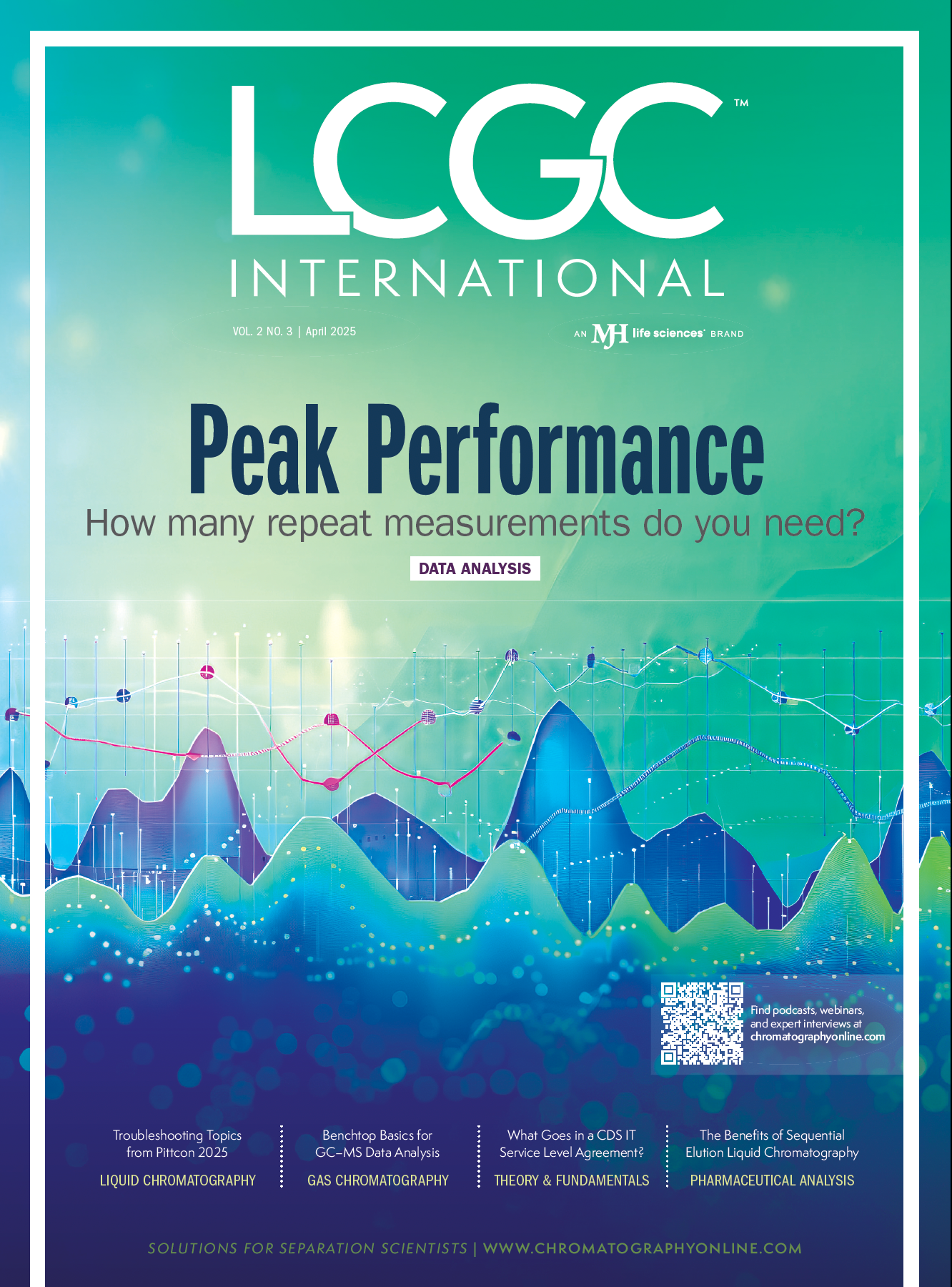SFC Europe 2025
SFC Europe 2025—the 19th International Conference on Packed Column Supercritical Fluid Chromatography and Related Techniques—will be held in Basel, Switzerland, on October 5–7, 2025.
Chromatographers worldwide can look forward to SFC Europe 2025–the 19th International Conference on Packed Column Supercritical Fluid Chromatography and Related Techniques—to be held in Basel, Switzerland, on October 5–7, 2025. The conference has been held annually in the USA, Europe, or Asia. Basel, Switzerland has been chosen as this year’s European location because of its central location in Europe, ease of access, and excellent accommodation. An attendee from SFC 2024 says, “As ever, the meeting was informative and an excellent opportunity for supercritical fluid chromatography (SFC) users to exchange ideas and experiences. I look forward to attending many more.”
BASEL, SWITZERLAND - June 16, 2017: Rhine river in Basel, Switzerland | Image Credit: © ilolab - stock.adobe.com

The conference kicks off with a full-day short course on SFC on October 5, 2025. The course will be of interest to scientists with little SFC experience, as well as those who are more experienced in the field. Past short courses have proven to be a valuable introduction to SFC for experienced separation scientists who are looking to expand their knowledge base beyond high performance liquid chromatography (HPLC) and gas chromatography (GC). The course will be taught by Larry Miller (associate director, Discovery Analytical, Novartis), J. David Pinkston (SuperSep Consulting, LLC), and Caroline West (profesor of analytical chemistry, University of Orleans, France), with over 70+ years of combined experience in SFC. Course topics include: (1) Fundamentals of CO2-based mobile phases; (2) Practical advantages of SFC and supercritical fluid extraction (SFE) over GC-based and HPLC-based separations and liquid-based extraction; (3) SFC instrumentation, and how it has improved over the years; (4) Method development in analytical-scale SFC and preparative-scale SFC; (5) Fundamentals of chiral SFC separations; (6) How to choose stationary phases for achiral and chiral SFC separations; (7) The role of modifiers/entrainers and additives in SFC and SFE; (8) Detection in SFC, with special emphasis on SFC-MS; (9) Latest developments and the future of SFC.
Two days of oral and poster presentations will follow on October 6 and 7. Committed speakers include Takeshi Bamba (Kyushu University Japan), Julie Herniman (University of Southampton, UK), Jennifer Kingston (AstraZeneca, UK), Lucie Nováková (Charles University, Czech Republic), Maria Parr (Frei Universität Berlin, Germany), and John Reilly (Novartis, Switzerland).
The advantages of SFC are well known to those in pharmaceutical research and development. Indeed, many of the presentations will be focused on the pharmaceutical and the biological applications of lipidomics. However, presentation topics will range far beyond pharmaceutical: from fundamental studies of SFC and SFE, to environmental analysis, flavors and fragrances, doping analysis, personal care products, food and beverage analysis, natural products, and forensic science. In fact, another attendee of SFC 2024 states, “Great that the conference program includes many areas of SFC use, not just pharmaceutical.”
In addition to scientific content, SFC 2025 will also include social events where attendees can rub elbows with leading experts in the field. Attendees will also enjoy vendor exhibits and workshops where they will learn about the latest advances in SFC and SFE equipment and SFC stationary phases.
In closing—why SFC? I am an advocate of the use of supercritical fluids—not only because of their environmental and cost-saving advantages, but because they also provide technical advantages not easily obtained using conventional methods. SFC uses carbon dioxide as the main mobile phase component, and is a more environmentally sustainable separation technology relative to traditional HPLC. Not only does SFC provide a greener alternative, but it provides technical advantages compared to HPLC. Lower viscosities and higher diffusion coefficients allow more rapid separations at equivalent theoretical plates and/or longer columns (higher resolutions) at equivalent separation times. It also provides dramatically different selectivities compared to reversed-phase HPLC. Last, but not least, removing the mobile phase in preparative separations is far easier with SFC. These advantages have led to the worldwide adoption of SFC in preparative chiral and achiral separations.
Abstract submission for oral and poster presentations opened in January. Information on abstract submission can be found at https://www.greenchemistrygroup.org/
Come explore the world of SFC with experts from across the world. All conference information, including venue and accommodation, can be found at https://www.greenchemistrygroup.org/

Troubleshooting Everywhere! An Assortment of Topics from Pittcon 2025
April 5th 2025In this installment of “LC Troubleshooting,” Dwight Stoll touches on highlights from Pittcon 2025 talks, as well as troubleshooting advice distilled from a lifetime of work in separation science by LCGC Award winner Christopher Pohl.




















